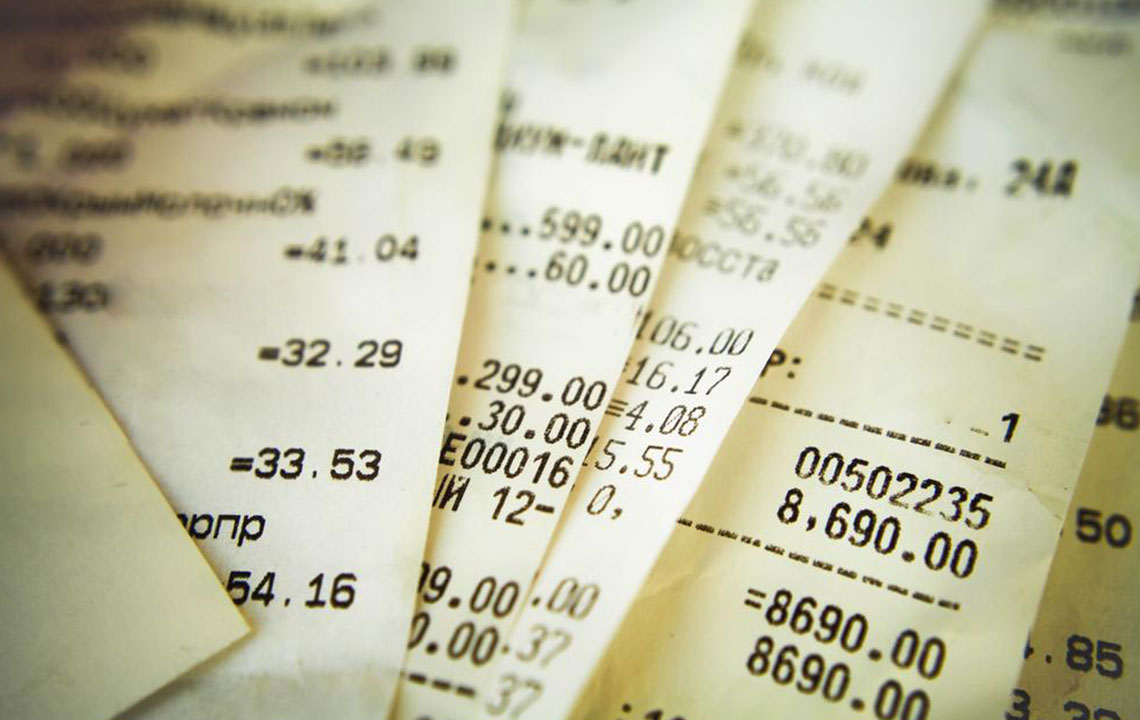Comprehensive Guide to Money Market Deposit Accounts
This article provides an overview of Money Market Deposit Accounts (MMDAs), highlighting their benefits such as higher interest rates and FDIC insurance. It also covers potential drawbacks, including high minimum balance requirements, transaction limits, and fee considerations. Ideal for those seeking a secure, higher-yield savings option with flexible access, this guide aids in understanding the features and limitations of MMDAs for better financial planning.

Comprehensive Guide to Money Market Deposit Accounts
A Money Market Deposit Account (MMDA) is a savings option offering higher interest rates than standard savings accounts, providing a secure way to increase your savings effectively.
How Does the Interest Work in an MMDA?
Interest is compounded regularly—daily, weekly, or monthly—with payments made on a monthly or quarterly basis.
Benefits of MMDAs
FDIC Insurance: Deposits and earned interest are protected up to legal limits by the FDIC, adding a layer of safety not always found in basic savings accounts.
Elevated Interest Rates: MMDAs often offer higher rates, appealing to savers seeking better returns.
Check Writing and Debit Card Access: Unlike regular savings accounts, MMDAs allow for check issuance and debit card usage for flexible access.
Drawbacks of MMDAs
High Minimum Deposits: Many require substantial initial deposits; not maintaining the minimum can lead to penalties.
Transaction Limits: Withdrawals and transfers are often capped monthly, which may be inconvenient during emergencies.
Interest Rate Changes: Rates fluctuate with market conditions, causing potential variability in returns.
Service Fees: Fees may apply for account maintenance, transactions, or other services associated with MMDAs.


